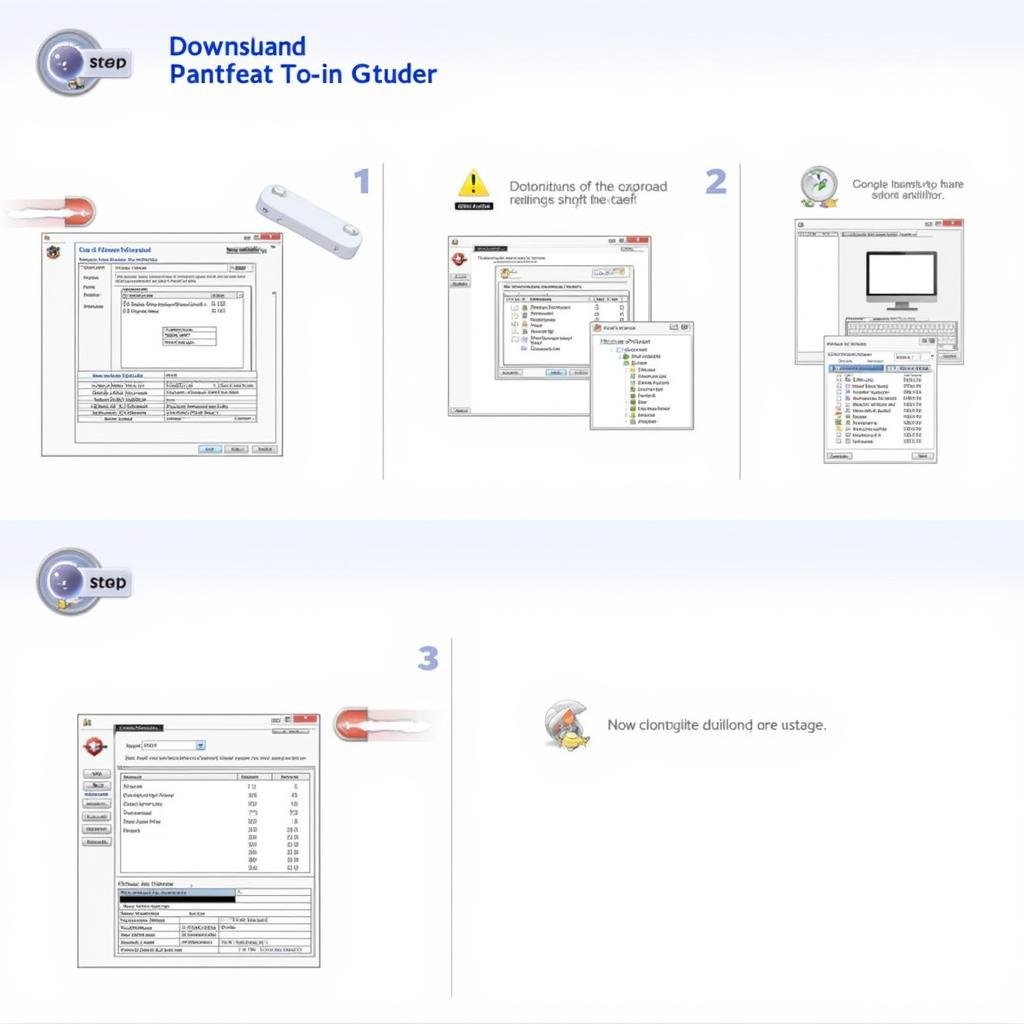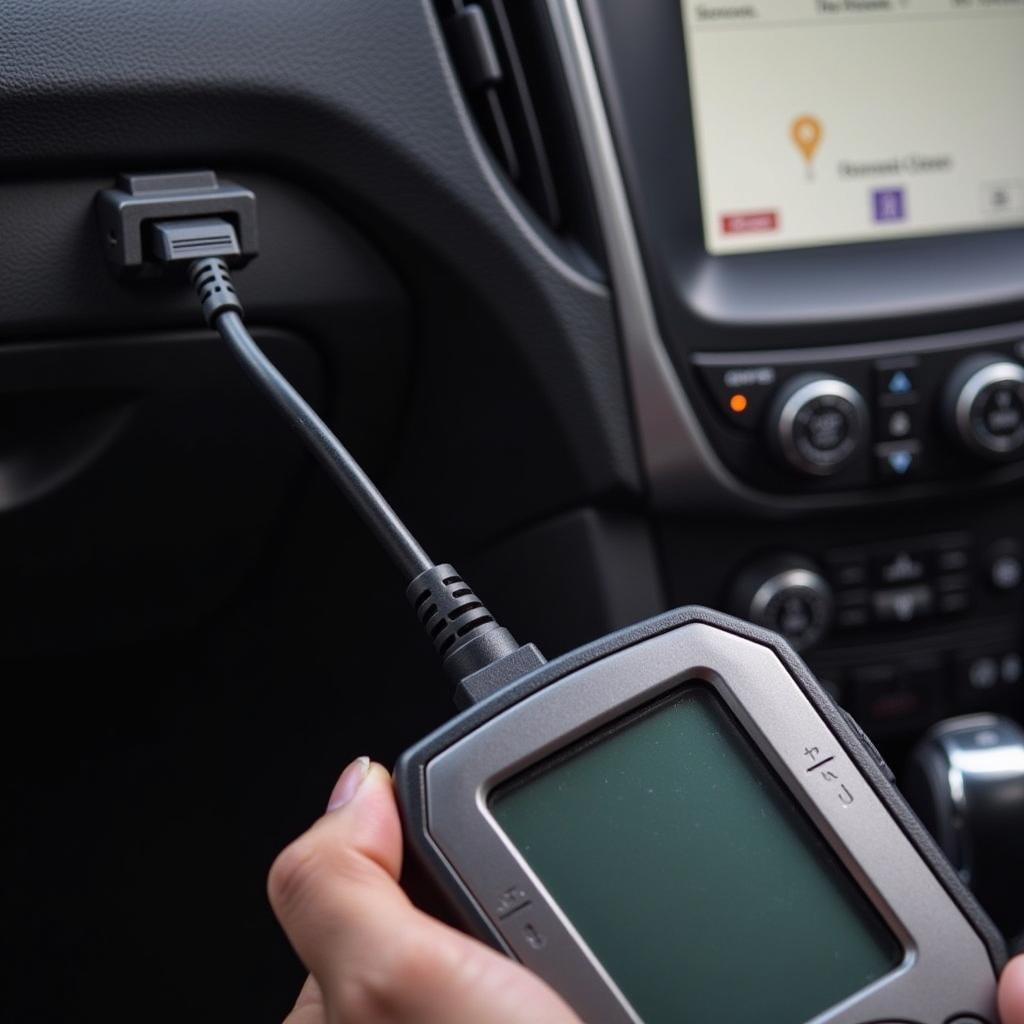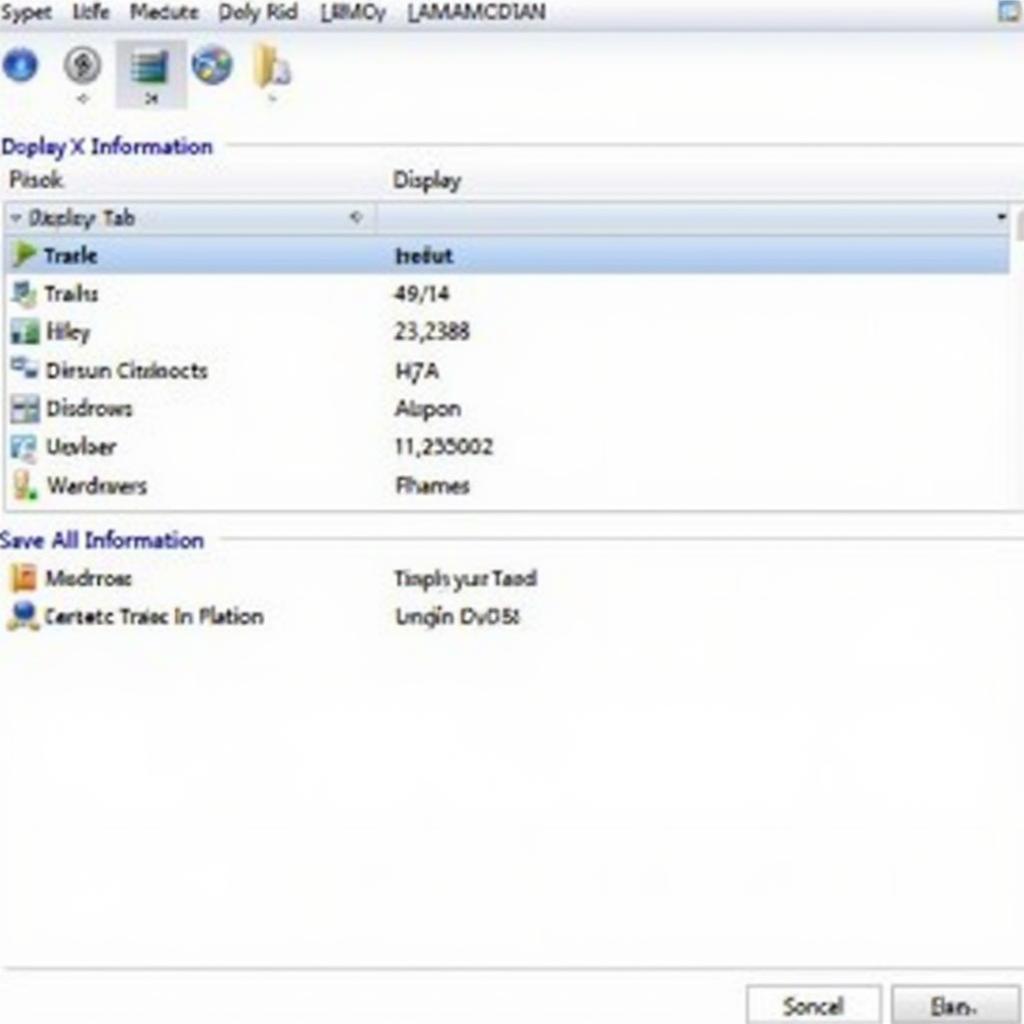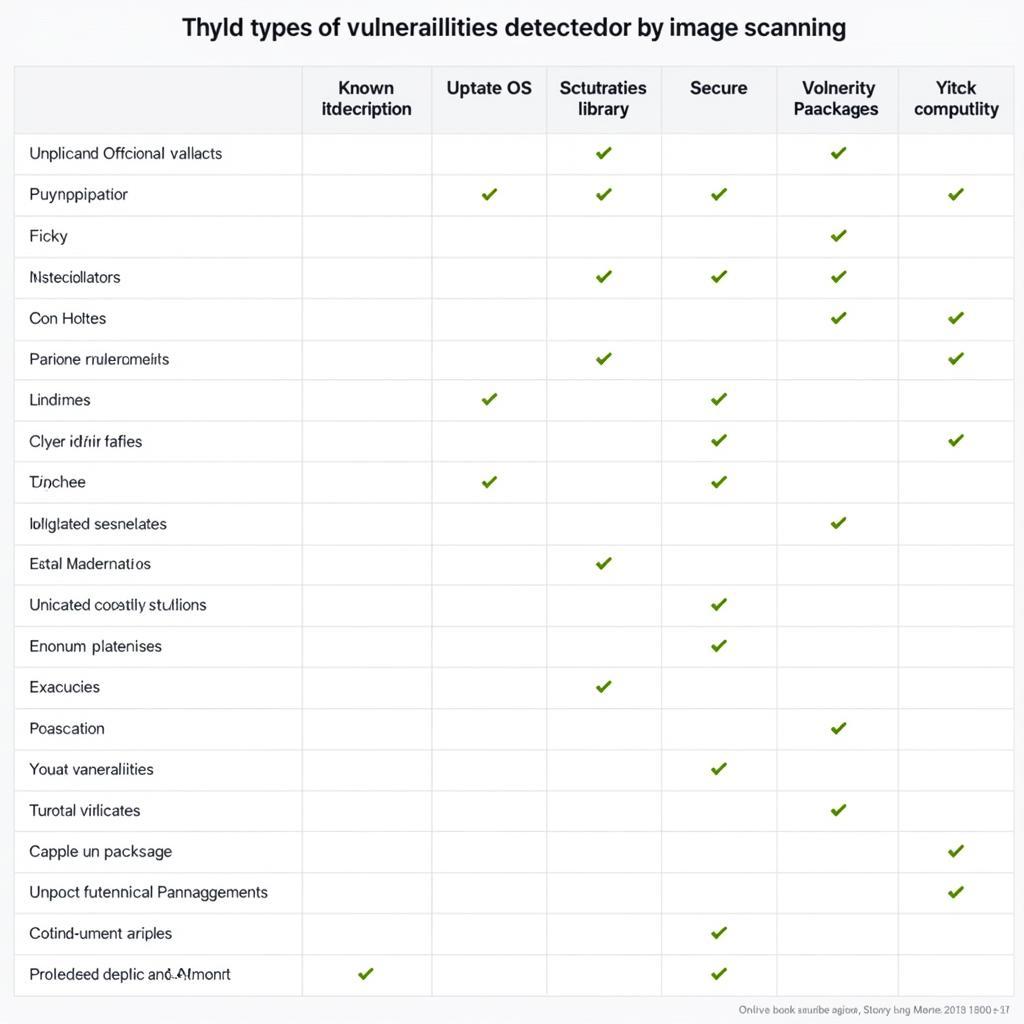BMW fuel injectors are crucial components of your engine’s fuel management system. They deliver a precise amount of fuel to the combustion chamber, ensuring optimal performance and fuel efficiency. When replacing or servicing your injectors, it’s critical to perform fuel injector coding using a compatible diagnostic tool, like the Foxwell scanner. This process synchronizes the new injectors with your BMW’s engine control unit (ECU), allowing it to optimize fuel delivery for each cylinder.
Understanding BMW Fuel Injector Coding
Fuel injector coding is essential to maintain the smooth operation and efficiency of your BMW engine. Here’s why:
- Precise Fuel Delivery: Each injector has a unique flow rate. Coding ensures the ECU understands these variations, allowing it to deliver the correct fuel amount to each cylinder.
- Optimal Performance: Accurate fuel delivery leads to better throttle response, smoother acceleration, and increased engine power.
- Reduced Emissions: Correct injector coding contributes to a more efficient combustion process, reducing harmful emissions and improving your car’s environmental impact.
- Improved Fuel Economy: Precise fuel delivery minimizes waste, leading to better fuel economy and saving you money on gas.
- Preventing Engine Issues: Incorrectly coded injectors can lead to misfires, rough idling, and even engine damage over time.
When Do You Need Foxwell BMW Fuel Injector Coding?
Several situations call for fuel injector coding on your BMW:
- Injector Replacement: Always code new injectors, even if they are the same part number as the old ones.
- Injector Cleaning: If injectors are professionally cleaned, coding helps recalibrate the ECU to their potentially altered flow characteristics.
- Engine Work: Major engine repairs or modifications that involve removing or replacing injectors often require recoding.
- Fault Codes: If your BMW displays engine fault codes related to fuel injectors, coding might be necessary to rectify the issue.
How to Code BMW Fuel Injectors with a Foxwell Scanner
Foxwell scanners, particularly models like the Foxwell NT530 for BMW, provide a user-friendly solution for BMW fuel injector coding.
Here’s a step-by-step guide:
-
Connect the Scanner: Plug the Foxwell scanner into your BMW’s OBD-II port, typically located under the dashboard on the driver’s side.
-
Turn on the Ignition: Switch on the ignition but do not start the engine.
-
Launch the Software: Turn on the Foxwell scanner and navigate to the BMW software.
-
Select “Fuel Injector Coding”: Locate and choose the “Fuel Injector Coding” function within the software.
[image-1|bmw-fuel-injector-coding-screen|Foxwell scanner fuel injector coding screen|A screenshot of the Foxwell scanner displaying the fuel injector coding menu option within the BMW software]
-
Input Injector Information: You’ll be prompted to enter the new injectors’ information, typically found on the injector body or packaging. This data often includes a series of numbers and letters, sometimes referred to as the “correction code” or “calibration code.”
[image-2|bmw-fuel-injector-code|BMW fuel injector code|A close-up image highlighting the location of the fuel injector code on a BMW fuel injector]
-
Initiate Coding: Once you’ve entered the correct information, follow the on-screen instructions to initiate the coding process. The scanner will communicate with the ECU, writing the new injector data.
-
Confirmation and Clearing Codes: The scanner will confirm if the coding was successful. You might need to clear any existing fault codes related to the fuel injectors.
-
Test Drive: It’s crucial to take your BMW for a test drive after coding to ensure the engine runs smoothly and there are no warning lights on the dashboard.
Tips for Successful Fuel Injector Coding
- Use the Correct Tool: Ensure your Foxwell scanner model is compatible with your specific BMW model and year.
- Double-Check Codes: Carefully input the injector codes, as even a small error can lead to problems.
- Battery Support: A stable battery voltage is essential during coding. Using a battery charger or jump starter can prevent interruptions.
- Consult a Professional: If you’re uncomfortable performing the coding yourself, consult a qualified BMW mechanic or technician.
Expert Insight
“BMW fuel injector coding is not a task to be taken lightly,” says John Miller, a senior BMW technician with over 20 years of experience. “Using the right tool, like a Foxwell scanner, and following the correct procedures ensures your engine performs optimally and avoids potential issues.”
Frequently Asked Questions
1. Can I drive my BMW without coding the fuel injectors?
While your car might run, it’s not recommended. Driving without coding can lead to poor performance, reduced fuel efficiency, and potential engine damage in the long term.
2. How much does BMW fuel injector coding cost at a mechanic?
The cost can vary depending on the mechanic and location, but it typically ranges from $50 to $150.
3. How often do I need to code my fuel injectors?
Coding is usually a one-time procedure after injector replacement or cleaning. However, if you experience issues related to fuel delivery, recoding might be necessary.
4. Can I code used fuel injectors?
It’s not recommended. Used injectors might have wear and tear or damage that coding cannot rectify.
5. What happens if I enter the wrong injector code?
Entering incorrect codes can cause engine running problems. If this happens, stop the coding process and consult a professional.
Conclusion
Foxwell Bmw Fuel Injector Coding is an essential step after replacing or servicing your injectors. Using a compatible Foxwell scanner and following the proper procedures will ensure optimal engine performance, fuel efficiency, and prevent potential engine problems.
For assistance with choosing the right Foxwell scanner for your BMW or for any technical inquiries, feel free to contact CARW Workshop at +1 (641) 206-8880. Our team of experts is always ready to assist you. Our office is located at 4 Villa Wy, Shoshoni, Wyoming, United States.






